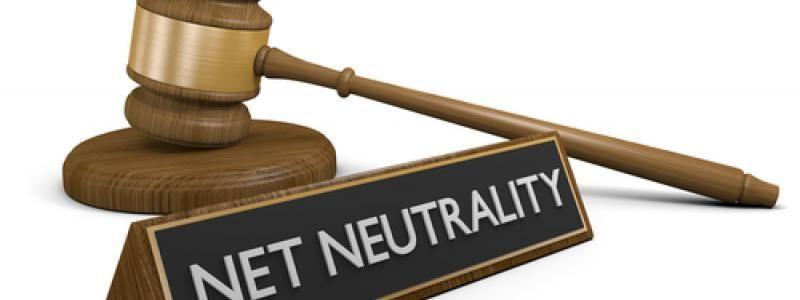FCC Back In Court To Defend Its Net Neutrality Rules Anew

The Federal Communications Commission (FCC) found itself back in court once again in order to defend the much talked about Net Neutrality rules it started implemented in June earlier this year. This marks the third time the FCC had to appear in court in order to argue the legitimacy of its Net Neutrality rules, which it established to make sure that broadband service providers do not adopt unfair business practices for web.
Various industry watchers believe that this time around, the FCC has a chance to end the debate once and for all. Needless to say, the outcome will determine how web services will be delivered and consumed by the masses in the near future. The FCC is fighting to protect the interwebs from questionable big business practices, while both the wireless and broadband industries think that the net neutrality rules stifle innovation and business expansion.
Telecom, cable, and wireless trade organizations have filed a lawsuit against the FCC for its net neutrality rules. In Friday last week, a three judge panel in the United States Court of Appeals for the District of Columbia Circuit listened to oral arguments and threw in their questions. Now, the judges will have to come to a decision to be issued by spring of next year.
The overall debate of course centers on whether the FCC has the proper authority to amend the classification of broadband services. Under the new net neutrality rules set by the agency, broadband has been reclassified under the same legal classification as the traditional telephone network, effectively placing broadband under the regulatory powers of the FCC. What opposing industry groups are clamoring for is that the FCC’s move is actually illegal.
But what does this all mean for consumers in general? If the FCC wins the argument, the net neutrality rules will be put into effect. One direct result of its implementation is that consumers will no longer have to worry about broadband service providers throttling or blocking web access. However, some new services launched by carriers, such as T-Mobile’s Binge On feature, could also be deemed illegal under the net neutrality rules.
Whatever the outcome of the legal proceedings is, industry watchers expect the court’s ruling to be appealed. Regardless if the FCC wins or the various trade groups grab the victory, the losing side will most likely appeal to the US Supreme Court. This is where an ultimate decision could be made whether or not the net neutrality rules will be followed once and for all.
Related Blog Articles
- War Over Internet Of Things Heats Up With New Players Looking To Challenge Verizon, AT&T
- Facebook At Work Ready To Roll Out Sometime Next Year
- Samsung Takes Patent Suit Against Apple To US Supreme Court
- Google Announces New Designer Android Watch Faces
- What We Can Expect From Apple Next Year
- So What’s Next For Samsung In 2016?
- Apple And Samsung To Battle For Mobile Payment Supremacy In China Next Year
- Apple Reduces iPhone 6s Prices In Indian Market
- Google Offering Discounts On Google Play App Store
- People Are Going Online Using Their Smartphones Now More Than Ever
Related Blog Posts
- Report: AT&T facilities are used for NSA surveillance program
- Tips for achieving a smartphone detox this summer (or at least for a few days)
- Instagram hits 1 billion users; launches new IGTV video uploading service
- Facebook introduces game shows platform, with live interactive vids
- California Democrats combine two separate net neutrality bills


 Menu
Menu